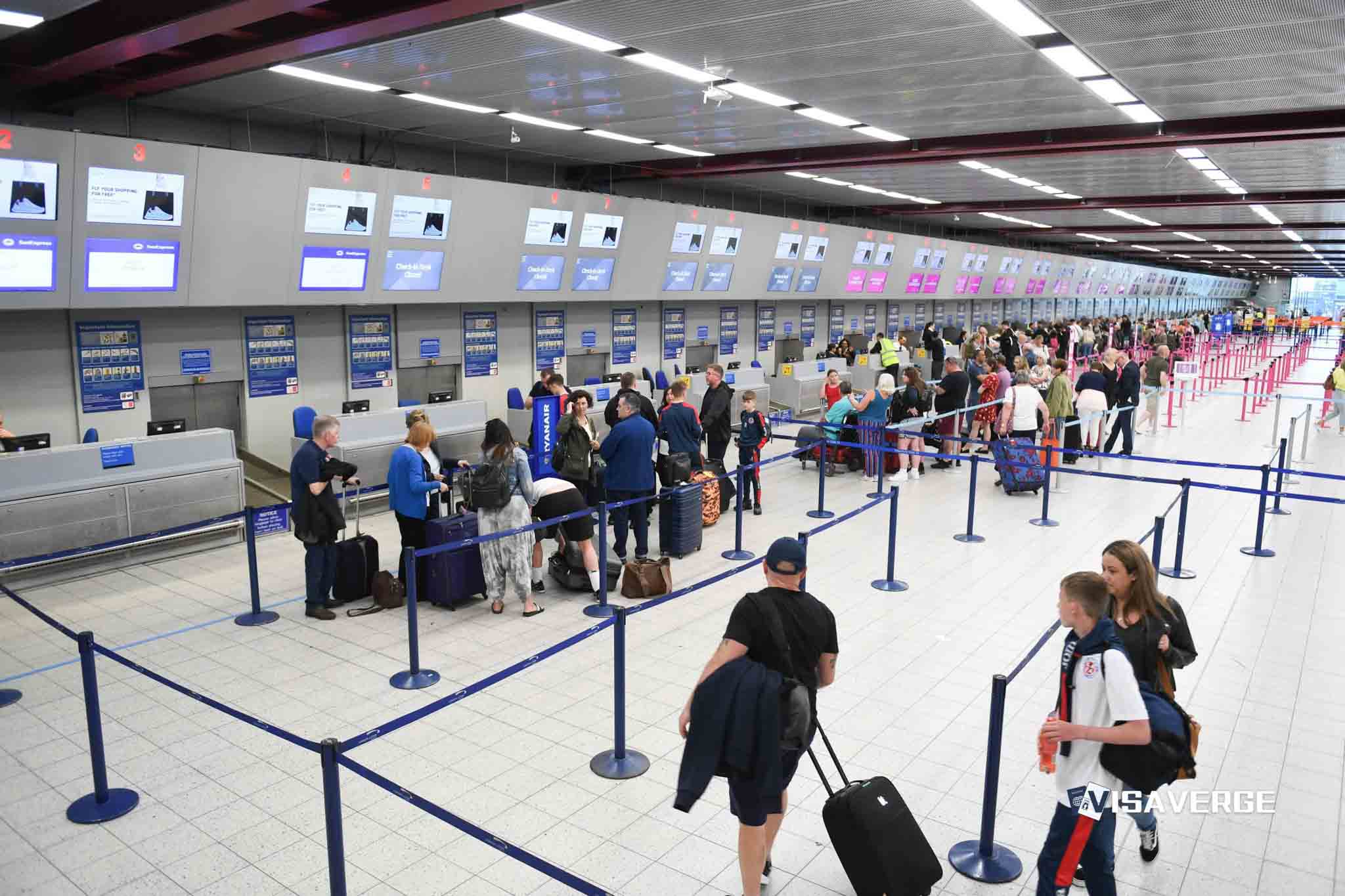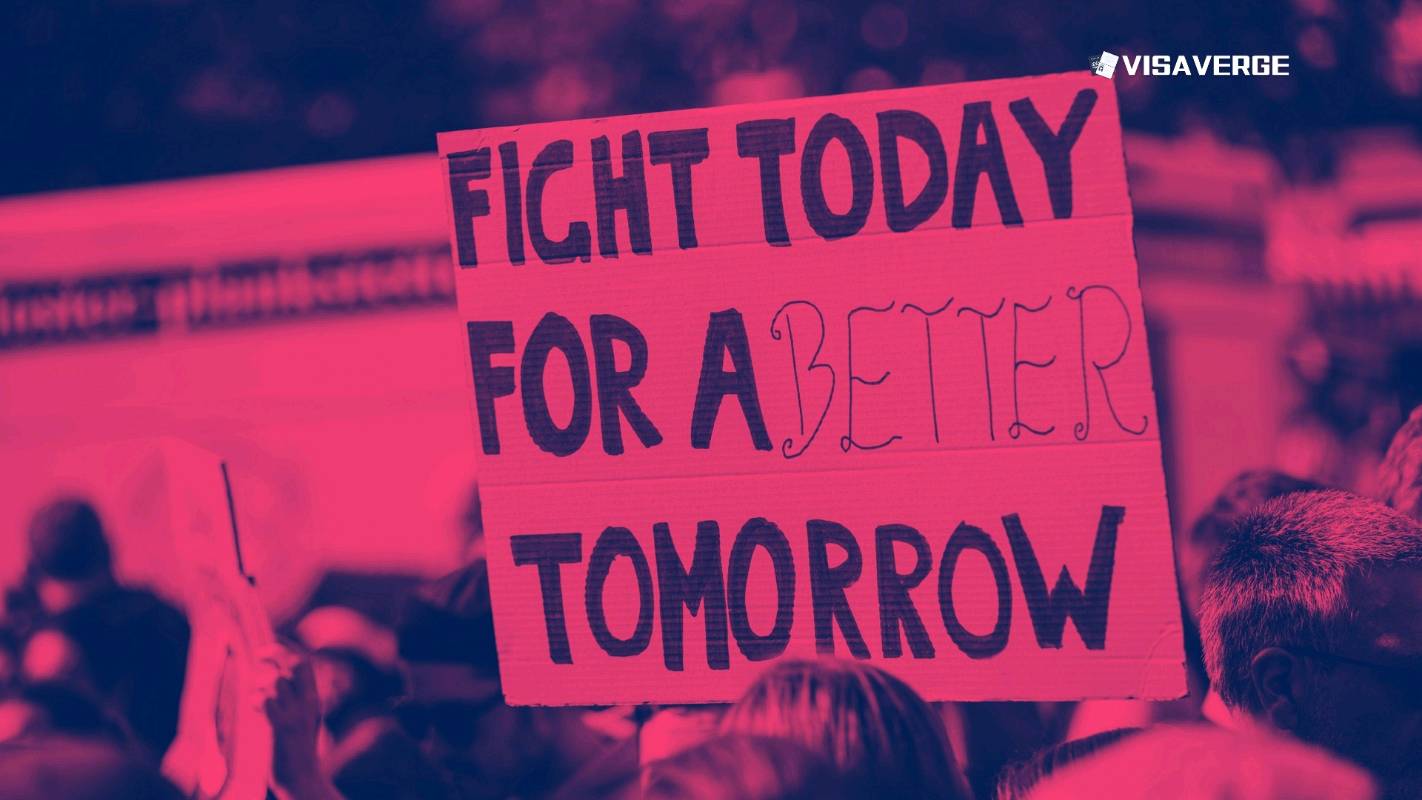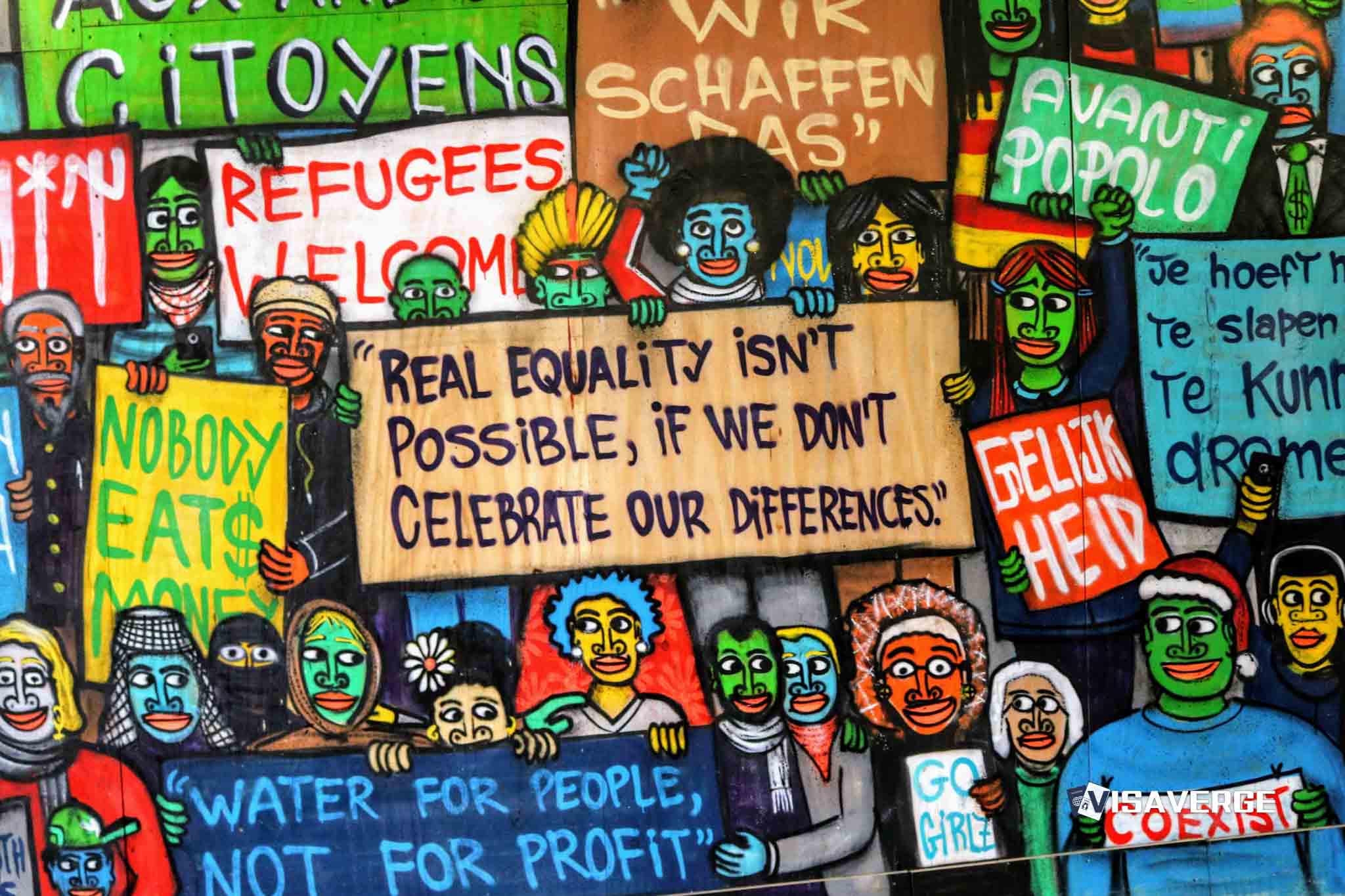Local officials say claims that three top hotels just yards from Bournemouth beach are housing asylum seekers are untrue. As of August 2025, there is no official confirmation, and BCP Council urges residents to treat viral posts with caution.
Cllr Kieron Wilson, Cabinet Member for Housing and Regulatory Services, said on 28 February 2025: “There are currently no asylum or other refugee hotel locations in Poole. The Home Office are responsible for procuring and managing these sites and we have received an assurance that they are not currently looking at Poole.” That message still stands, and no Bournemouth beach hotel has been confirmed for asylum use.

What’s happening on the ground
- Dorset Police report protests and counter-protests tied to hotel use for asylum across the UK. They say they’re monitoring events locally and supporting peaceful protest, but they have not named any Bournemouth hotels as asylum sites.
- Far-right groups have circulated online maps claiming to list more than 200 hotels used nationwide. Local authorities call many of these lists unverified and warn residents about misinformation.
- National data shows charges brought against people living in asylum hotels this year, but there is no location breakdown linking incidents to Bournemouth beach hotels.
Why hotels became a flashpoint
After 2020, the asylum backlog in the United Kingdom grew and the government struggled to find housing. Hotels filled the gap as a short-term fix. This approach was:
- Expensive and often isolating for people seeking safety.
- Intended as temporary while the Home Office works to move people into longer-term housing.
The Home Office says it wants to end hotel use. Officials report that average daily hotel costs fell from over £9 million to under £6 million in 2024–25. Some hotels still operate as contingency sites because alternative housing remains tight.
Policy shifts and current rules
- The Home Office’s guidance, refreshed in June 2025, keeps hotels as a “last resort.” It prefers non-hotel options and room sharing when safe and suitable to cut costs and reduce community friction.
- The government expanded the “full-dispersal” model started in 2023, meaning all councils now help place people, spreading pressure across regions.
- The “move-on” period for newly recognized refugees changed in December 2024 from 28 to 56 days, giving more time to leave asylum accommodation and find independent housing, often with council or charity support.
BCP Council’s stance
BCP Council stresses transparency and will push back against false claims. It encourages residents to check sources before sharing posts about Bournemouth beach hotels. The council reiterates that the Home Office controls procurement of asylum sites and, per the latest assurance, is not looking at Poole. Dorset Council has issued similar messages, stressing calm, facts, and community safety.
“Much of the information circulating on social media is factually incorrect.” — BCP Council
What this means for residents and visitors
Tourism
– Claims about Bournemouth beach hotels can worry visitors and harm bookings.
– Lack of official confirmation means businesses and tourism can proceed normally.
– Local hoteliers warn that rumours can damage trade and staff morale, especially during summer.
Community safety
– Police are prepared for protests and will balance free speech with public order.
– They urge people not to confront anyone they believe to be an asylum seeker and to report concerns to police.
Social media
– Officials ask residents to pause before reposting hotel lists.
– False claims can lead to harassment, scams, and distress for staff and guests.
What this means for people seeking asylum
Charities warn that hotel accommodation can:
- Harm mental health
- Delay integration
- Split families
They call for more community homes, quicker asylum decisions, and better access to schooling and healthcare.
- The longer 56-day move-on period helps newly recognized refugees by giving extra time to secure housing and work.
- However, without enough affordable homes, people may still fall into homelessness after support ends.
How the system should work
- Initial placement
- The Home Office places people while their asylum claim is assessed.
- Contractors manage properties under standards for safety and suitability.
- Suitability checks
- Families should be matched to locations with access to schools and doctors.
- Single adults may share rooms only when appropriate.
- When hotels are used
- Only used if no other housing is available.
- The stated goal remains to phase hotels out.
Practical steps for locals and businesses
- If you see a claim that a hotel near Bournemouth beach is an asylum site:
- Ask for the source, then check BCP Council’s official channels.
- If protests are planned near your business:
- Inform staff, consider adjusting hours, and stay in touch with Dorset Police.
- To help practically:
- Work with local groups offering English lessons, job coaching, or housing advice.
Where to verify information
- For policy and official steps on asylum support, see the Home Office’s guidance on asylum accommodation and dispersal on GOV.UK. This is the most reliable source.
- For local statements and verified updates, check BCP Council’s website and housing team contacts.
A note on forms and status
- People applying for asylum use different forms than work or family visas.
- Once recognized as refugees, they may later apply for settlement or travel documents via Home Office processes on GOV.UK.
- Always use official government pages for the latest forms and instructions.
Quotes and perspectives
- BCP Council: “Much of the information circulating on social media is factually incorrect.”
- Support groups: Hotel living can be isolating; they call for quicker decisions and more stable housing in communities, not large, short-term blocks.
- Police: They will protect lawful protest and community safety without naming specific hotels where there’s no official confirmation.
Looking ahead
- Government plans point to fewer hotel rooms in 2025–26 as new sites open and more decisions are made.
- Backlogs and housing shortages won’t vanish overnight—expect continued debate and more online claims.
- Local leaders say they will keep sharing updates and work to keep Bournemouth’s public spaces calm and welcoming.
Key takeaways
- There’s no official evidence that top hotels yards from Bournemouth beach are housing asylum seekers as of August 2025.
- BCP Council has publicly refuted rumours and received assurances that Poole is not under consideration.
- The Home Office aims to reduce hotel use, with costs already down and further cuts planned.
- Residents, businesses, and visitors should check official channels before acting on social media posts.
For authoritative national policy details, see the Home Office’s asylum accommodation guidance on GOV.UK. Analysis by VisaVerge.com indicates the government’s shift away from hotels will continue, but progress depends on faster asylum decisions and more affordable housing nationwide.
This Article in a Nutshell













